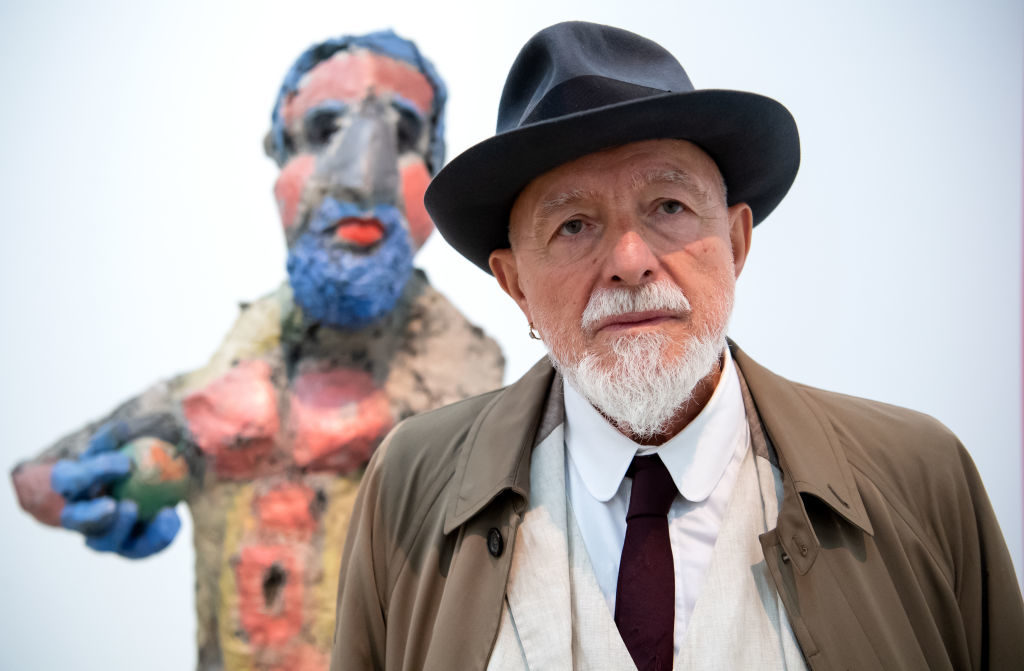Law & Politics
$300 Million Worth of Work by Anselm Kiefer and Other German Artists Has Mysteriously Gone Missing in China
Hundreds of artworks on loan from a single private collector have disappeared.

Hundreds of artworks on loan from a single private collector have disappeared.

Kate Brown

A major loan partnership in China has taken a very wrong turn.
Some 342 artworks on loan from a German-based collector have gone missing, including examples by famous German artists like Markus Lüpertz, Anselm Kiefer, and Renate Graf. The art, reportedly worth around €300 million ($331 million), had been on loan for a string of shows in China.
According to several German media reports, the works belong to millionaire Maria Chen-Tu, a German collector of Taiwanese heritage, who loaned part of her large collection to the Chinese businessman Ma Yue. His German-based company, Bell Art, was liquidated earlier this year.
Cheng-Tu, the collector behind the Austria-based MAP collection, told Deutschlandfunk that she first reported the situation to Beijing authorities on July 3, after repeatedly trying and failing to retrieve the works. She has not heard anything from the authorities since, she said. “I asked that all the works located in China should be returned to my depot in Hong Kong,” she told Deutschlandfunk. “He didn’t comply with my request, I gave him several deadlines. He always ignored the deadlines.”
Since the 1990s, Chen-Tu has assembled one of the most formidable and fast-growing collections of German art. According to Süddeutsche Zeitung, some 152 paintings by Lüpertz (including many precious early pieces), as well as 87 works by Anselm Kiefer and 103 works by photographer Renate Graf are now at large.
At a press conference in Beijing, Lüpertz called the affair “a hostage situation” and expressed concern for the state of some of his oldest pieces, which he says are very fragile.
According to Deutschlandfunk, Ma claims he and Chen-Tu agreed that he would exhibit the works around China for 10 years and then offer them for sale. (Chen-Tu denies this claim.)
To make matters more complicated, the contract between Ma and Chen-Tu was made only orally. Gerhard Pfennig, a copyright lawyer specializing in art, told Deutschlandfunk that it is “absurd” that two businesspeople would have entered into a deal over hundreds of millions of dollars worth of art without a signed contract.
Reports of the works’ whereabouts are inconsistent: Some say that some of it is in Taiwan. According to Deutschlandfunk, a good portion of the Lüpertz works are in Hong Kong. Ma Yue claims the works are located in Shanghai, Shenzhen, and Hong Kong, and that they are accessible to Ma. Neither collector could be immediately reached for comment by Artnet News.
This is not the first time that Ma has gotten into trouble. Other Chinese and German artists have previously claimed that works lent to Ma and his company were never returned and that money owed was not received, according to Deustchlandfunk. In January, the Hamburg-based company he runs, Bell Art, claimed insolvency.